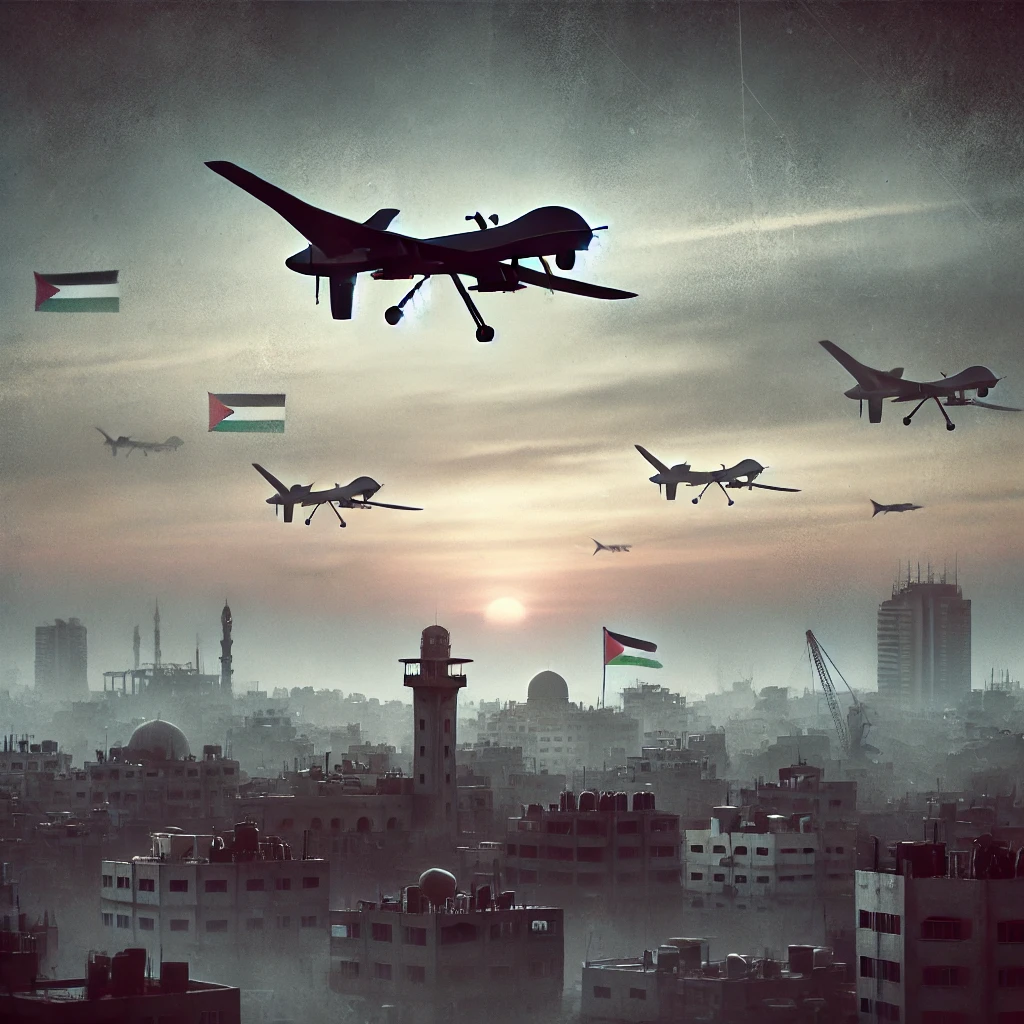The death of Hamas Chief Yahya Sinwar, the controversial leader of Hamas, has made headlines globally, drawing attention to the political and military dynamics in Gaza. Sinwar, who had a long and complex history as a leader within the militant group Hamas, has now reportedly been killed. The circumstances surrounding his death are still developing, but sources from outlets like Sky News, Reuters, and BBC News have confirmed that Sinwar’s body was found following an Israeli airstrike. As one of Hamas’ most prominent leaders, his death could have significant repercussions in the region.
Yahya Sinwar: The Rise and Fall of Hamas
Who Was Yahya Sinwar?
Yahya Sinwar was born in Khan Younis, Gaza, and became a key figure within Hamas, an organization designated as a terrorist group by several nations, including the United States, the European Union, and Israel. Sinwar rose to prominence in the mid-1980s when he co-founded the Hamas security apparatus. Known for his hardline stance, he was one of the most influential figures within the group.
His leadership in Gaza was marked by a combination of military aggression against Israel and political maneuvering within the Palestinian territories. As a staunch advocate for the armed resistance against Israel, Sinwar was viewed as a symbol of defiance by many Palestinians, yet as a major threat by the Israeli government.
The Impact of His Death
The reported death of Yahya Sinwar has raised questions about what this means for the future of Hamas and its operations in Gaza. Sinwar was known for his charismatic and radical leadership, with a reputation for being willing to engage in direct military confrontations with Israel. His absence leaves a significant leadership vacuum in Hamas, with analysts speculating about the internal power struggle that may follow.
Sinwar’s death is seen as part of a broader Israeli effort to dismantle Hamas leadership amid ongoing hostilities. His demise could either escalate violence in the short term, as the group retaliates, or create an opportunity for more moderate figures to rise within the organization.
Reactions to Sinwar’s Death
The international community has responded to the news with mixed reactions. Some Western nations and Israel see this as a significant blow to Hamas’ military wing, potentially weakening their capabilities. However, many are also concerned about the short-term effects this might have on peace efforts in the region.
In Gaza, however, Sinwar’s death has sparked anger and grief, with supporters of Hamas vowing to continue the fight against Israel. His death has ignited debates in the Arab world about the future of the Palestinian resistance and the role that Hamas will play in it moving forward.
What’s Next for Hamas?
Hamas, an organization that has historically relied on powerful leaders like Yahya Sinwar, may face an internal struggle in the wake of his death. The question now is whether another hardliner will step into Sinwar’s shoes or if the organization will pivot toward a new direction, possibly more aligned with diplomatic efforts, though that remains unlikely in the immediate future.
The immediate aftermath of Sinwar’s death could see retaliatory strikes by Hamas, further intensifying the already volatile situation in Gaza. Israel has vowed to continue targeting Hamas leaders until the group’s militant activities cease, suggesting that more turbulence lies ahead.
The death of Yahya Sinwar marks the end of an era for Hamas and its leadership in Gaza. Sinwar’s legacy as a hardline leader who pushed for continued military action against Israel leaves a complicated and dangerous vacuum in the region. As the world watches closely, the future of Hamas, Gaza, and the broader Israeli-Palestinian conflict remains uncertain.
Read More: Liam Payne Tragic Death at 31






